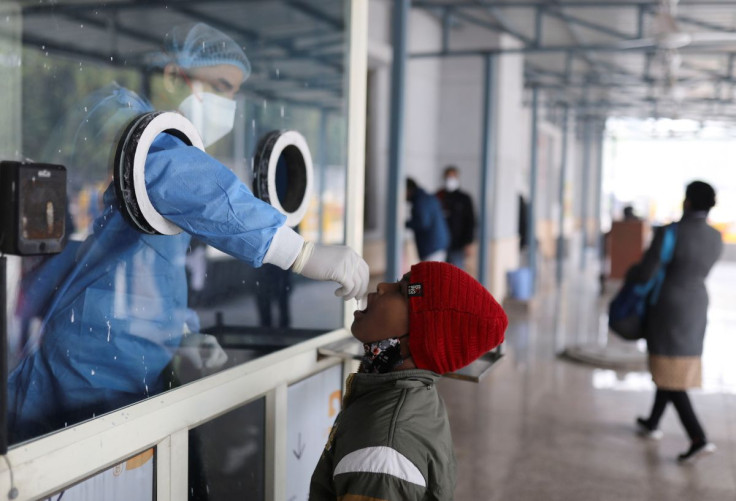Can The US Erase The Burden Of Medical Debt? A National Wave Of Relief Emerges

In an era where medical debt appears as a formidable financial adversary, states across the U.S. are now making significant moves to address the issue head-on. While Connecticut strikes out as the trailblazer, canceling $1 billion in medical debt for 250,000 residents, this move is part of an extensive nationwide trend as states tap into American Rescue Plan Act funds to relieve the burden for countless individuals.
Medical debt, often surpassing other forms of debt combined, has become a critical issue affecting millions of Americans. A recent Consumer Financial Protection Bureau report validates its prominence as the leading source of collections debt. The Centers for Disease Control and Prevention found that 10.8% of Americans faced difficulties paying their medical bills in 2021, amplifying the urgency for systemic change.
Connecticut's initiative, led by Governor Ned Lamont, has set the motion for a domino effect as other states follow suit. The state's allocation of $6.5 million in federal funds has created a conversation, with cities and counties nationwide now using American Rescue Plan funds to purchase and eliminate medical debt. The White House confirms that $16 million in stimulus funds is being deployed to wipe out nearly $1.5 billion in medical debt in communities such as New Orleans, Pittsburgh, Toledo, Ohio and Cook County, Illinois, home to Chicago.
New York City also has shared plans to invest $18 million over the next three years to erase $2 billion in medical debt for up to 500,000 eligible residents. This comprehensive action shows a united front against the scourge of medical debt, emphasizing that the problem extends far beyond state lines.
As states acknowledge the magnitude of the medical debt crisis, they are not only focusing on immediate relief but also implementing legislative actions to address the root causes. Colorado, for instance, passed a groundbreaking law last year eliminating medical debt from credit reports, paving the way for a long-term solution.
This collaborative effort showcases a growing acknowledgment that medical debt is a systemic issue, affecting various demographics, including those living with disabilities, uninsured individuals, low-income populations and Black Americans, as reported by recent studies.
In a country where healthcare costs continue to be a huge financial burden, the coordinated efforts of states to tackle medical debt symbolize a turning point. As the relief spreads across America, it radiates hope and a new focus on healthcare affordability, ultimately moving toward a future where individuals no longer have to be at the crossroads of illness and overwhelming medical debt.
© Copyright IBTimes 2024. All rights reserved.





















